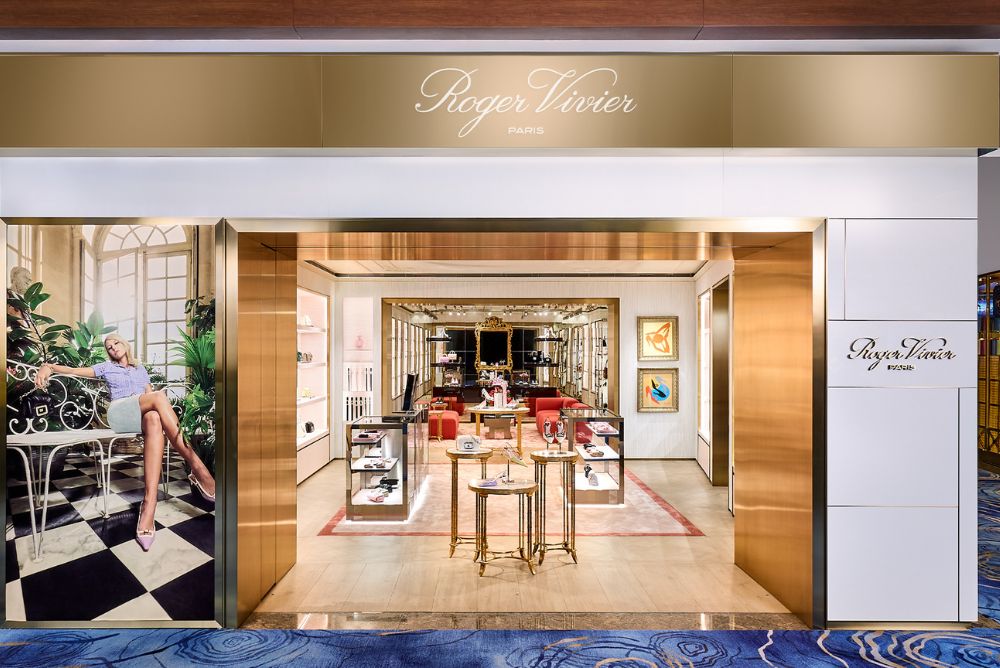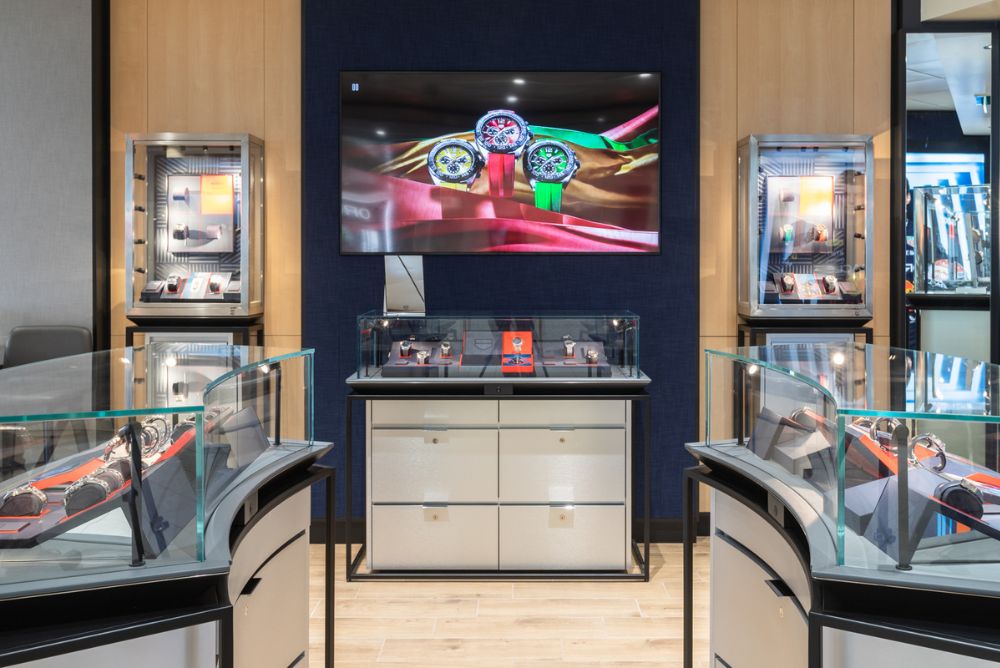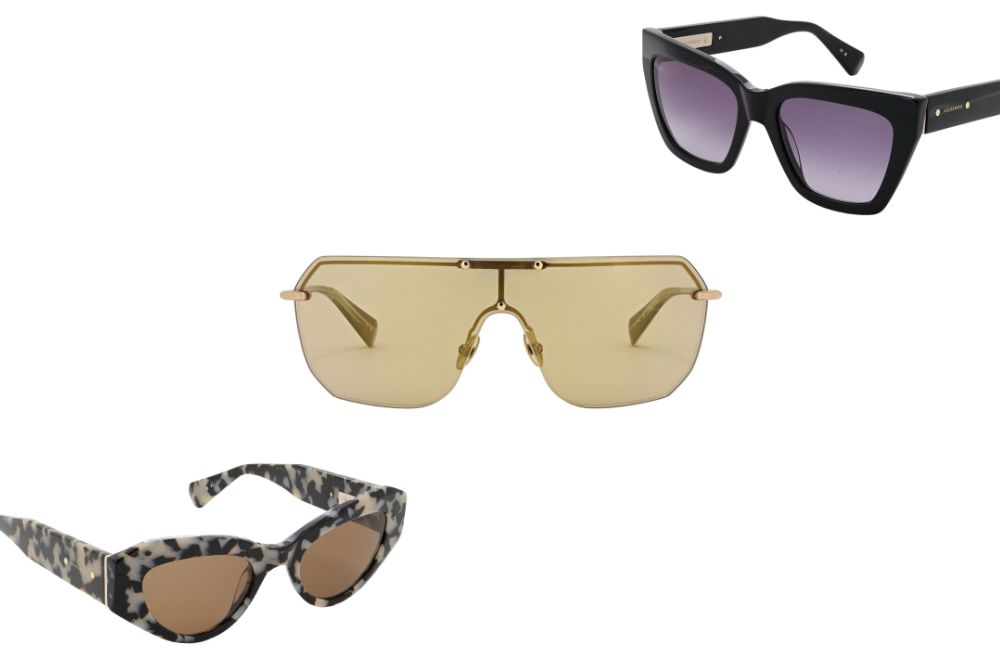Strong year for Distell with revenue growth +12.8%
By Caroline Sargent |

Latest figures from the Distell Group demonstrate the company’s ambitious growth strategy for Africa and other key regions is producing dividends as year-on-year revenue rises 12.8% to R17.7billion with sales volumes up by 3.1%.

Announcing the South African wine, spirits, cider and RTD producer’s results for the 12 months to June 30, 2014, MD Richard Rushton, who assumed his post in November 2013, said that with the inclusion of Burn Stewart Distillers (BSD), acquired in April 2013, as well as the re-measurement and reversal of a contingent purchase consideration, reported headline earnings rose 40.4% to R1.5 billion, and operating profit by 22.9% to R2.2 billion.
However, normalised headline earnings and operating profit grew by 1.7% and 8.1% respectively.
The incorporation of the Scotch whisky business along with healthy trading across domestic and international markets and a weaker rand have all helped contribute to the increase in revenue, with Rushton adding, “Efficiencies gained in procurement, production, distribution and support services, coupled with the foreign currency gains and a more balanced sales mix, helped to offset the impact of steep increases in excise duties and the greater investment in marketing and sales resources.”
Happy on home ground
Distell has managed to maintain its 21% value share of the total South African liquor market, despite the entry of additional players and competitor products. Revenue rose 5.2% with sales volumes up 2.6% in the face of declining disposable income and excise duty hikes that were ahead of inflation.

Star performers in the region include Hunter’s cider, which delivered good growth albeit slower than previous years; the Bisquit cognac range, which has enjoyed healthy sales; local whisky brands Bain’s Cape Mountain Whisky and Three Ships; and new Amarula Gold, a line extension to Amarula Cream which has already exceeded the ‘very ambitious expectations’ of the company and is both ‘heightening Amarula’s visibility and strengthening brand equity at a time of intensified competition in the cream liqueur category.’
Rushton adds that Distell had maintained its volume share of South Africa’s natural wine category and its leadership of the country’s sparkling wine segment. It also recorded excellent gains amongst brands such as Durbanville Hills, Zonnebloem and Fleur du Cap, as well as estate brands Neethlingshof, Allesverloren and Uitkyk.
The only downside appears to be a drop in brandy sales across the region that has impacted the Distell spirits portfolio, but the company say this was offset by the growth in demand for top quality whiskies of South African provenance.
Volume growth in Sub-Saharan African markets
In other African territories, excluding South Africa, Distell reports continued strong results with volume growth across all categories. The region contributed 49.6% to foreign revenue.
“We achieved revenue growth of 20.0% on the continent, while sales volumes rose by 9.4%. This was despite several disruptions to trade, intensified competition from the major global players and a stepped-up presence of cheap Indian imports, as well as the imposition of high import duties in several countries,” Rushton explains.
Good progress was being made, he says, to raise the company’s in-market production in key markets to address vulnerabilities to import duties and to improve product availability at competitive pricing. A bottling line had been commissioned in Ghana and land had been purchased in Nigeria and Angola with plants scheduled to come into operation in 2015 or shortly thereafter. In addition, after year-end, the purchase of a 26% stake had been confirmed in the formerly government-owned KWA Holding East Africa Limited (KHEAL), following the passing of legislation in July 2014 to permit its privatisation.
International market conditions hamper revenue growth
International business outside Africa proved subdued with tough market conditions, aided only by depreciation of the rand, resulting in a rise of 6.9% for overall sales revenue, excluding BSD.

However, Rushton reports, the wine division was able to achieve notable gains in key strategic markets such as the US and, once again, Amarula was the only South African representative on the Impact Databank World’s Top 100 Premium Spirits Brands for 2013.
For the year ahead Rushton says the company is expecting a modest improvement in trading conditions led by the recovery in advanced economies, which was driving emerging economy exports.
“We are confident of unlocking real value for all our stakeholders with our strong, diverse and appealing brands,” he concluded.
JEDCO launches multi-category tenders at KAIA T1
Jeddah Airports Company (JEDCO KSA) has issued a request for proposals for several...
TR Consumer Forum 2024: Ticket sales now open
TRBusiness is thrilled to announce that you can now book your tickets to the TR Consumer Forum...
Alcohol insights: Conversion up, spend down in Q4
Conversion of visitors in the alcohol category in duty free has risen to 54% in Q4 2023,...

In the Magazine
TRBusiness Magazine is free to access. Read the latest issue now.

 Trbusiness. The travel retail Trbusiness. The magazine for global retail and duty free professionals.
Trbusiness. The travel retail Trbusiness. The magazine for global retail and duty free professionals.




















